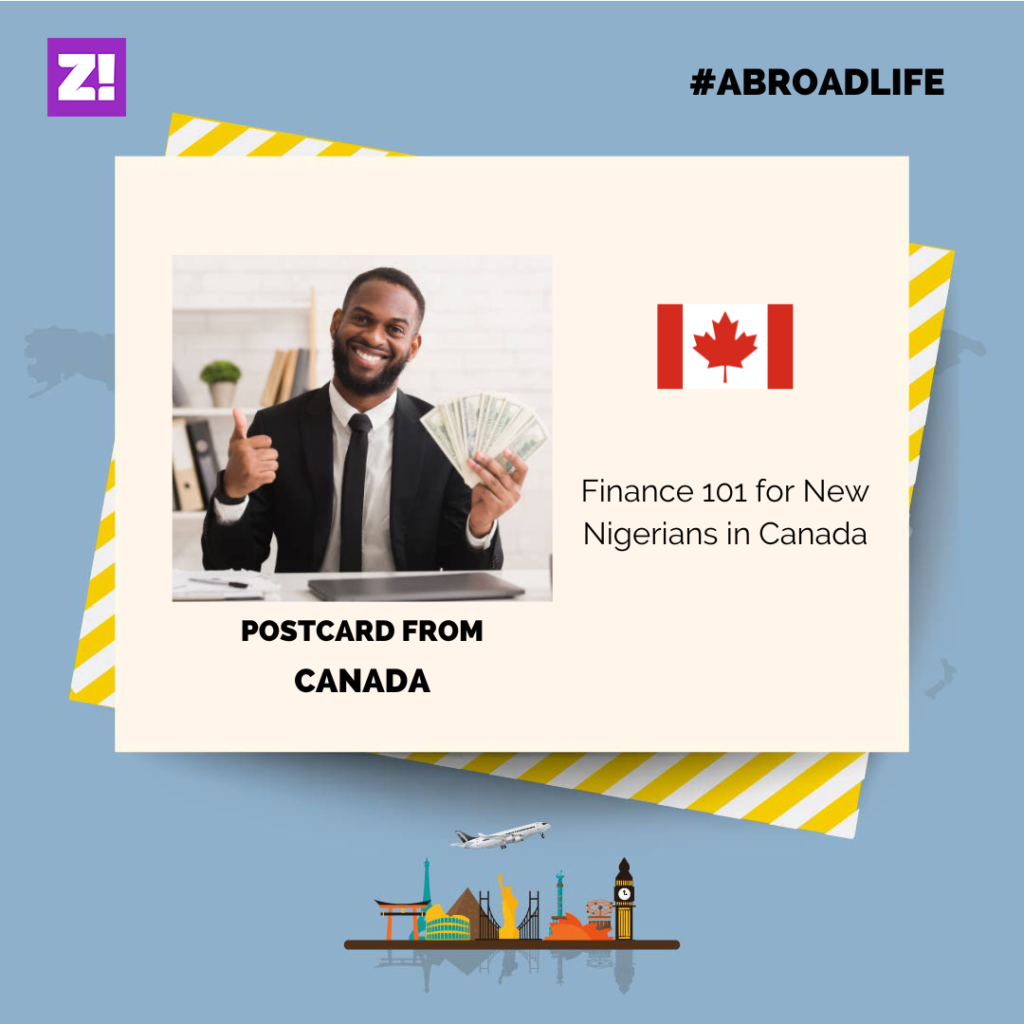The Nigerian experience is physical, emotional, and sometimes international. No one knows it better than our features on #TheAbroadLife, a series where we detail and explore Nigerian experiences while living abroad.
For this week’s Abroad Life, we’ve decided to give potential Canadian residents the do’s and don’ts on navigating their financial life in Canada, so you don’t have to.

Nigeria is not the easiest country to live in. Traffic jams, irregular power supply, unemployment, poverty etc are some of the many stumbling blocks in the average Nigerian’s way — which is why they are desperate to leave.
Canada, amongst other countries, is one of the promised lands for a japa aspirant. But it’s not enough to travel there. How do you navigate important aspects like finances?
We decided to explain a tweet that broke it down for you, so you don’t have to:
Setting up the BEST bank account
To set up a regular bank account, you’d need a visa or passport, immigration papers, Social Insurance Number (SIN) (if you have one) and address verification.
This consists of a temporary residency permit, your Confirmation of Permanent Residence (COPR), or your work or study permit.
However, you must know the rates involved to set up the best bank account.
Using newcomer rates from any bank is risky because there is a tendency to pay higher interest rates once the deal expires.
To avoid this, use the website ratehub.ca to find banks that can give the best rates after your first-timer deal expires.
Build up good credits
Unlike Nigeria, Western countries are very particular about credits and how one manages them.
Credit is a flexible form of finance that allows you to access a certain amount of money loaned (known as your credit limit) according to your needs, at any given time.
Credits are maintained when the user makes timely payments and doesn’t exceed the credit limit. Credits are necessary to buy a home, rent an apartment, or get a car loan.
Get a secured credit card from your bank, and understand credit before using it.
Always file your taxes
Unlike Nigeria, Canadians take accounts of government taxes very seriously. But as a newcomer, it could be difficult wrapping your head around the math.
Take advantage of free tax clinics and accountants and make them your best plugs. You can also contact the Canada Revenue Agency when in doubt.
Look out for the good paying jobs
Most new immigrants to Canada tend to take the first available job without research — which is not entirely the best.
Understand the Canadian job market, network with people, and get recognised certifications. Take a job that pays what you deserve. You can visit the website here for more steps to get a good-paying job in Canada.




